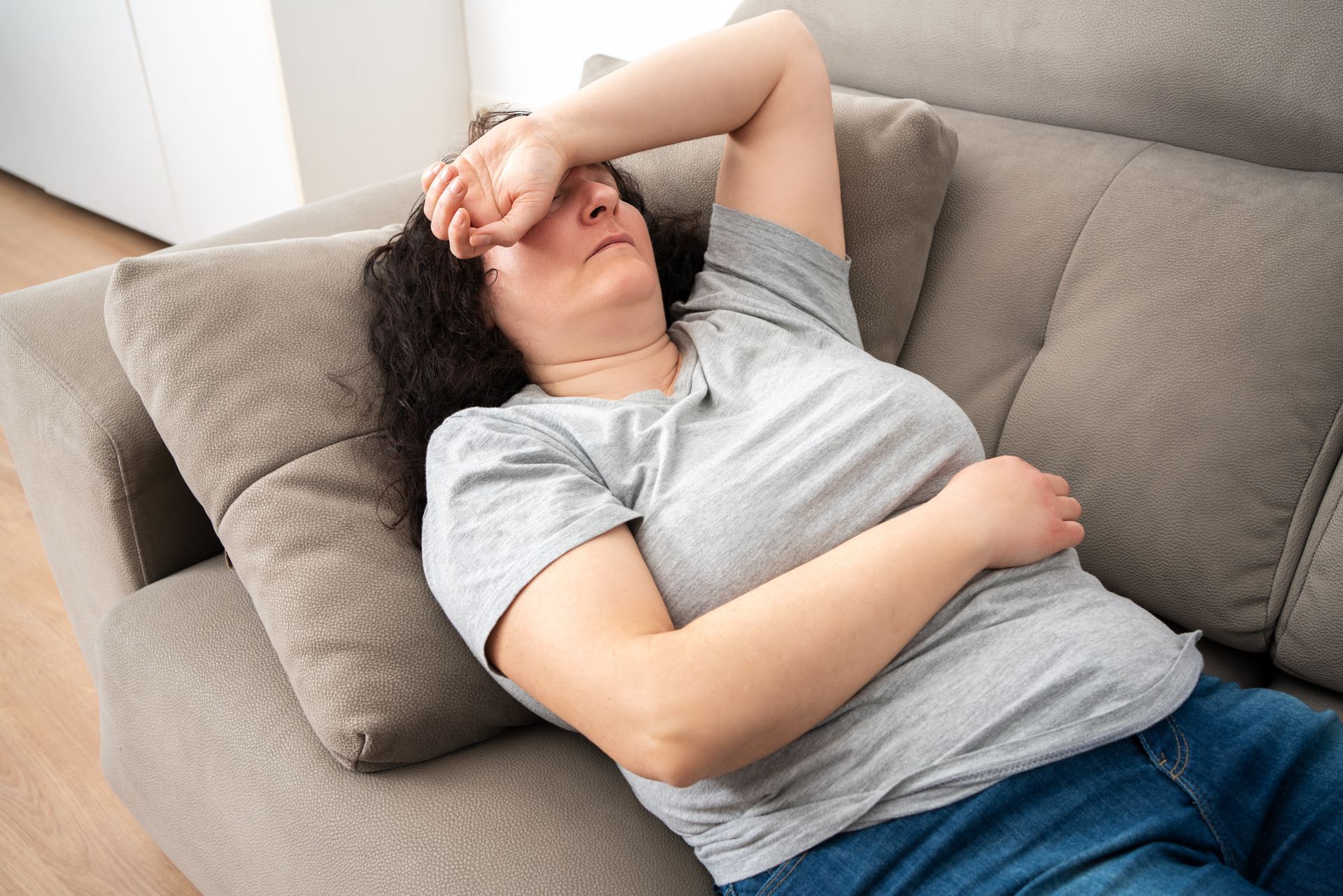How Common Is Female Sexual Dysfunction?

There is a definite gender gap when it comes to awareness of sexual dysfunction among men and women. It’s nearly impossible to avoid advertisements promoting treatments for erectile dysfunction. Female sexual arousal disorders, including those that can be addressed with menopause hormone therapy at our Baton Rouge-area clinics, are much less well known.
Women may experience sexual dysfunction at any stage of life and some have difficulties throughout their lives. One study found that around 40% of women experienced at least one type of sexual dysfunction before menopause. Even though symptoms may occur only in certain sexual situations or during intimacy, recurrent issues with sexual desire, orgasm, or painful intercourse can all put a strain on a woman’s relationship with her partner.
What Causes Female Sexual Dysfunction?
Various factors can contribute to sexual dysfunction for women. These issues can be:
- Physical —Medical conditions or a major illness, along with certain medications, can affect sexual function.
- Hormonal —Fluctuating hormone levels during pregnancy, after childbirth, or during menopause can all result in sexual dysfunction symptoms.
- Psychological —Untreated mental conditions such as anxiety or depression, along with post-traumatic stress disorder, stress, or body image issues are all associated with reduced sexual desire and function.
Sometimes, a combination of these issues causes sexual dysfunction, which can include lack of desire or arousal or difficulty reaching orgasm. Sometimes, one symptom of sexual dysfunction can lead to other issues. For example, a lack of libido, if left untreated, can result in vaginal dryness.
How Does Hormone Replacement Therapy Treat Sexual Dysfunction?
For women, hormonal changes are often the root cause of sexual dysfunction , especially those associated with menopause. Estrogen levels decline rapidly just before women enter menopause (a phase called perimenopause), resulting in changes to genital tissue and reduced sexual responsiveness. Blood flow to the pelvic region decreases, causing women to experience less genital sensation and increasing the time needed to become aroused and reach orgasm.
Estrogen—and, to a lesser degree, testosterone—both play a role in women’s sexual function. Hormone replacement therapy (HRT) addresses sexual dysfunction by increasing the vagina’s tone and elasticity, enhancing lubrication, and increasing blood flow.
Treating Sexual Dysfunction at Rejuvime Medical
Hormone replacement therapy to treat sexual dysfunction symptoms is one of the anti-aging treatments we provide women from New Orleans and throughout Louisiana. Treating a decreased libido with HRT can also address other menopause-related changes, such as weight gain , mood swings , and migraine headaches.
Our team creates a customized treatment plan for each patient after they come in for a consultation and a nurse practitioner reviews their blood test results. We continue to monitor each patient’s progress and adjust the treatment as needed.
You can learn more about treatment for sexual dysfunction by contacting us using the online form or by calling us at one of our locations: (225) 960-1580 (Baton Rouge) or (504) 252-9579 (Metairie).
The post How Common Is Female Sexual Dysfunction? first appeared on Rejuvime Medical.
Get in Touch
Questions? Contact us today by phone or book an appointment online.
Questions? Call our office:
(225) 228-3128





